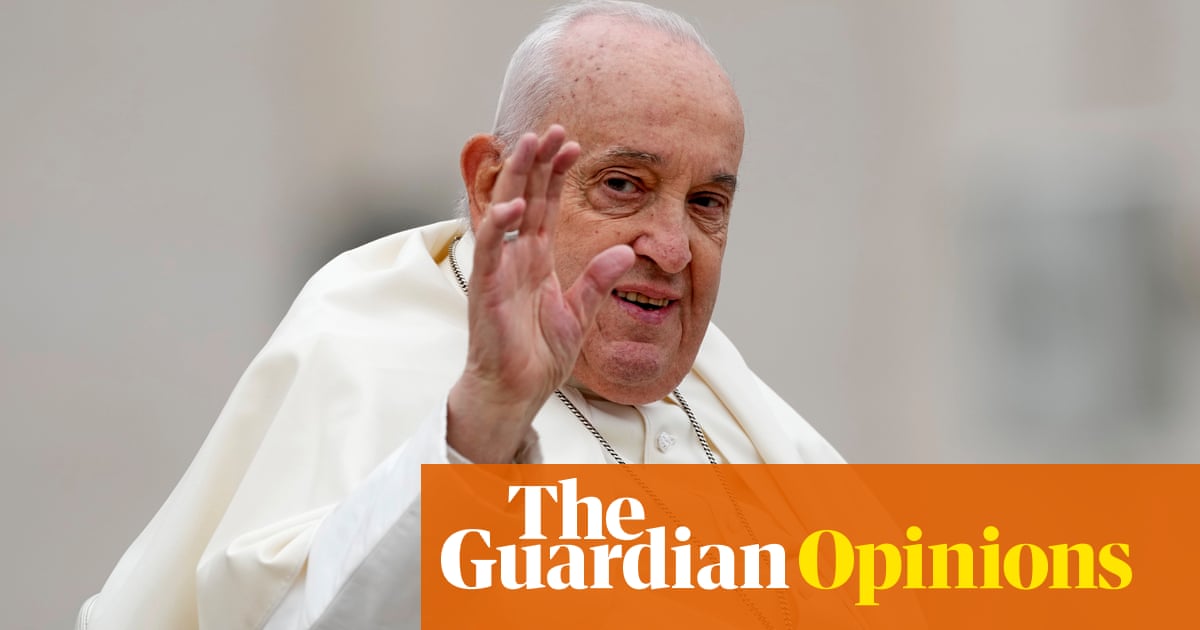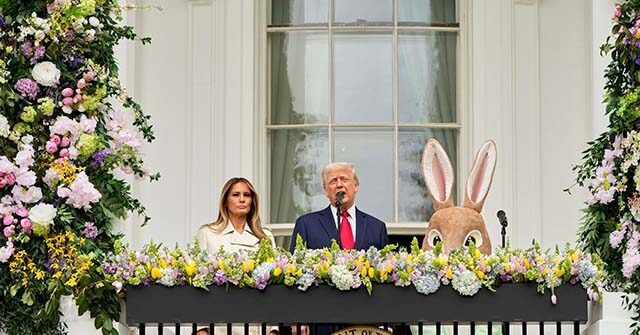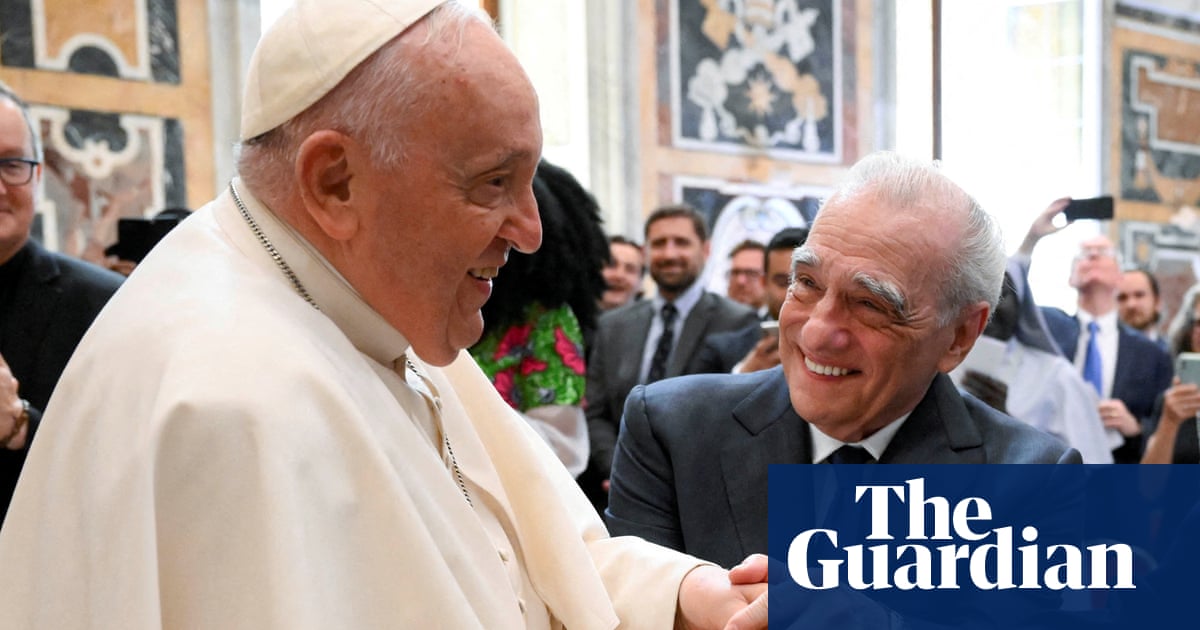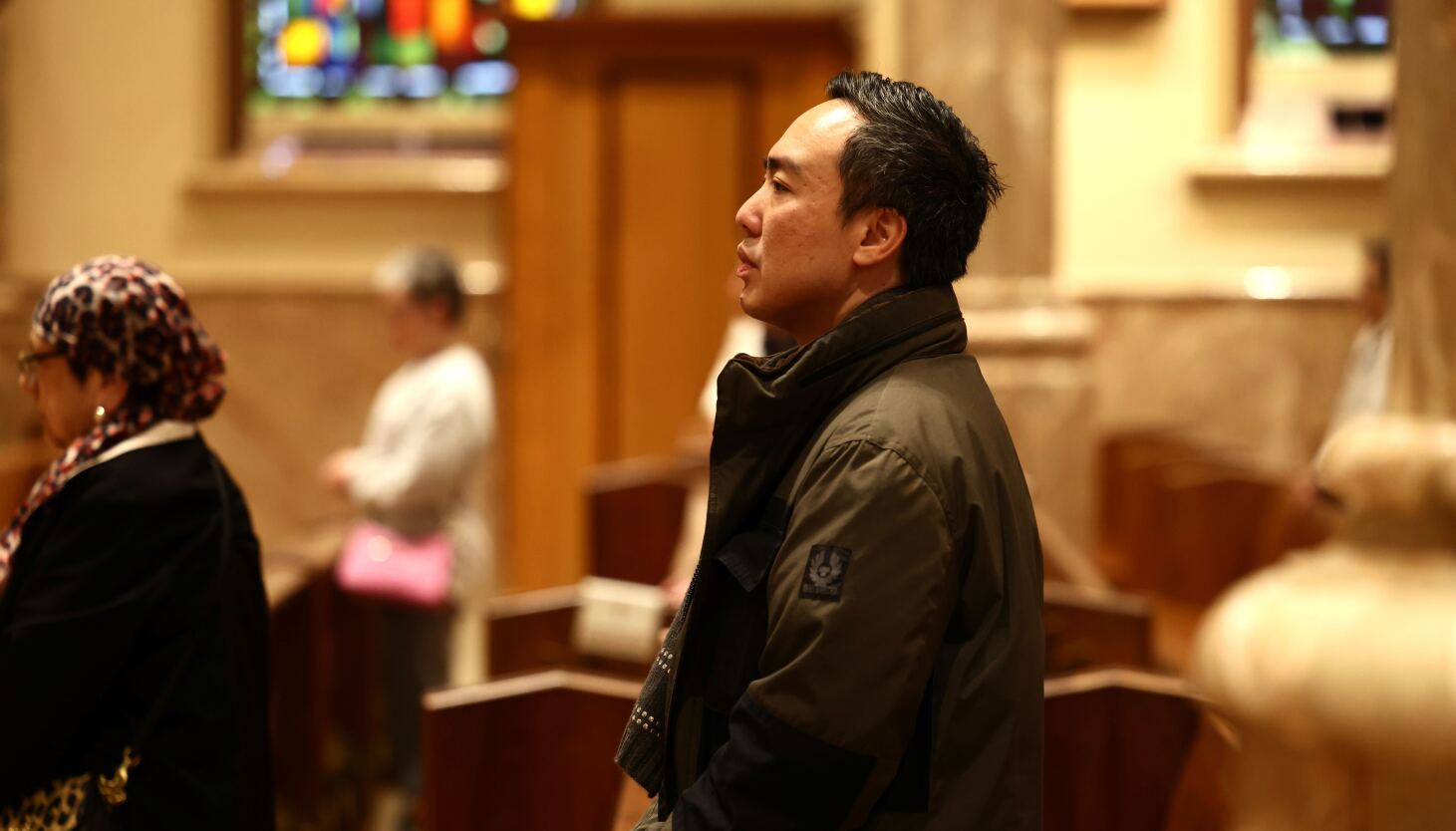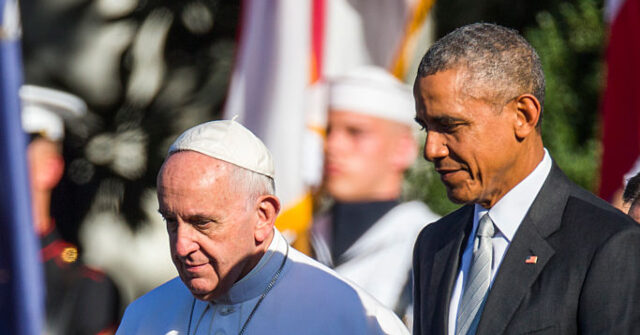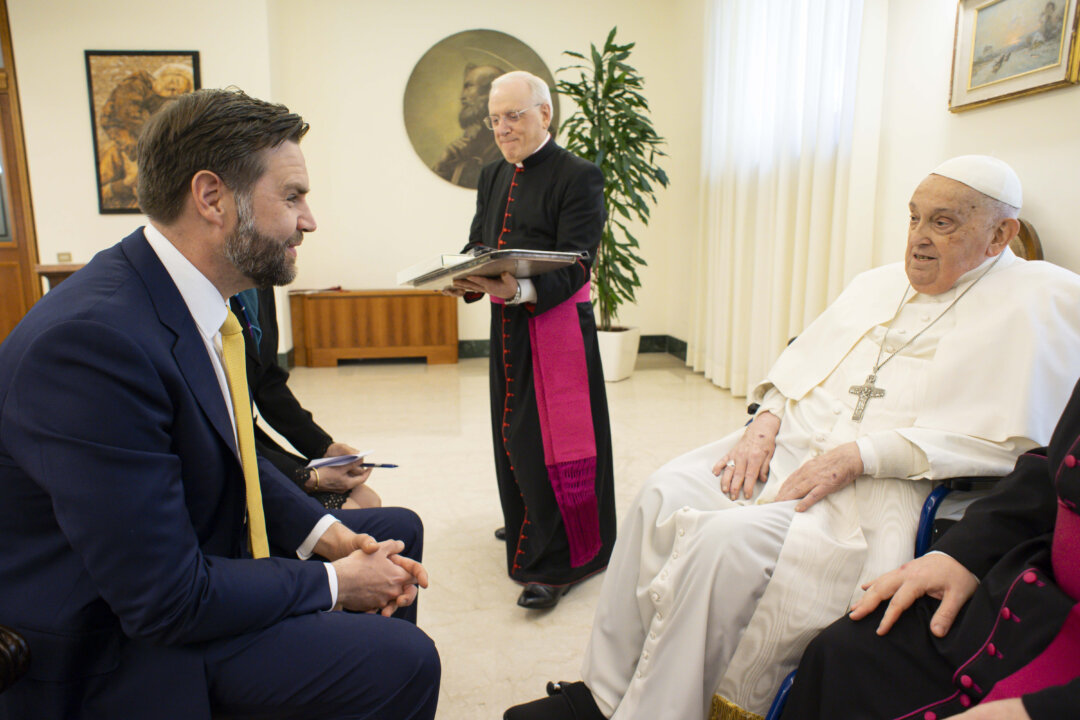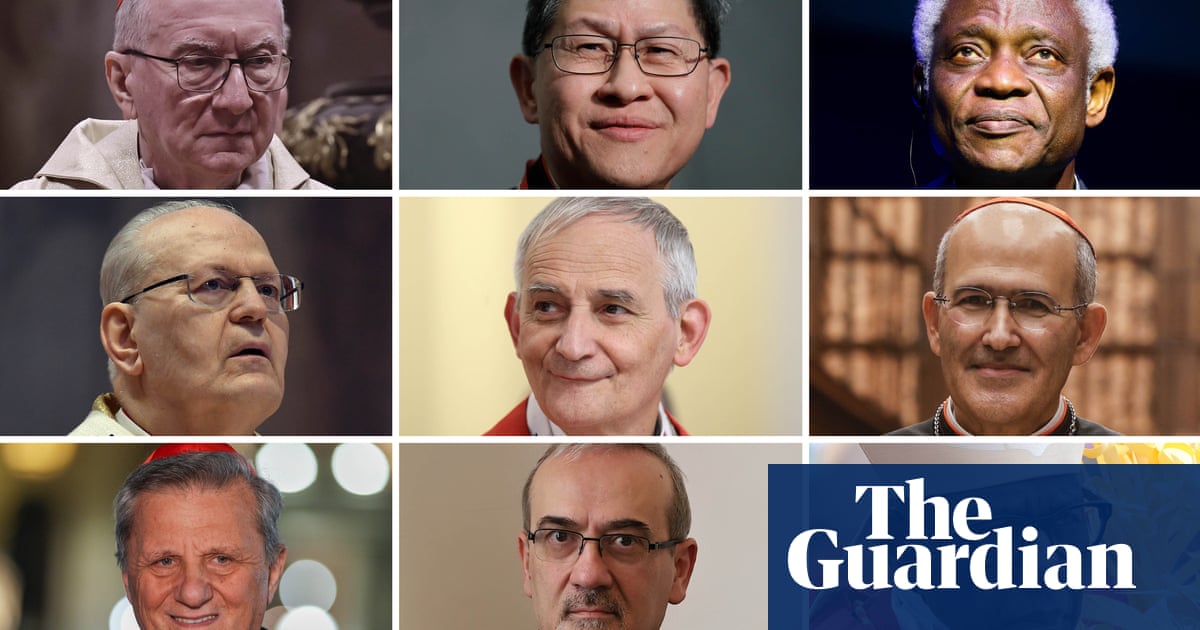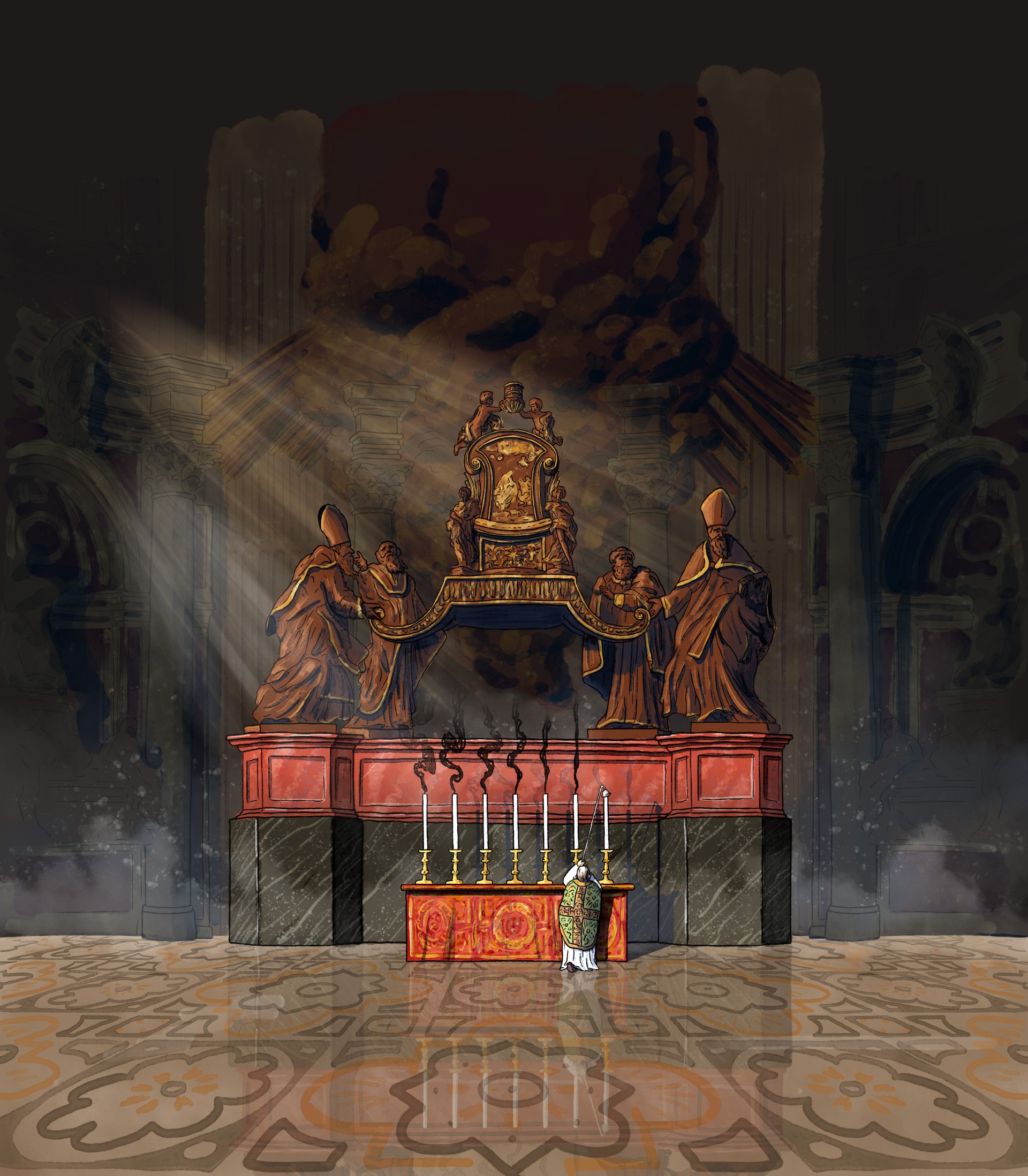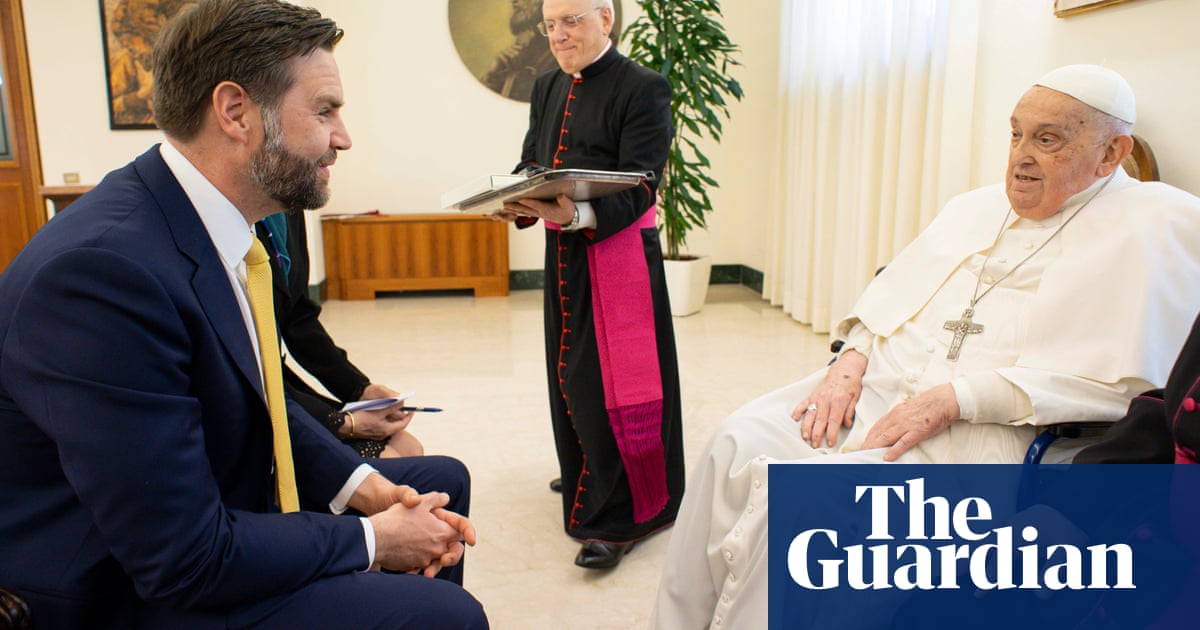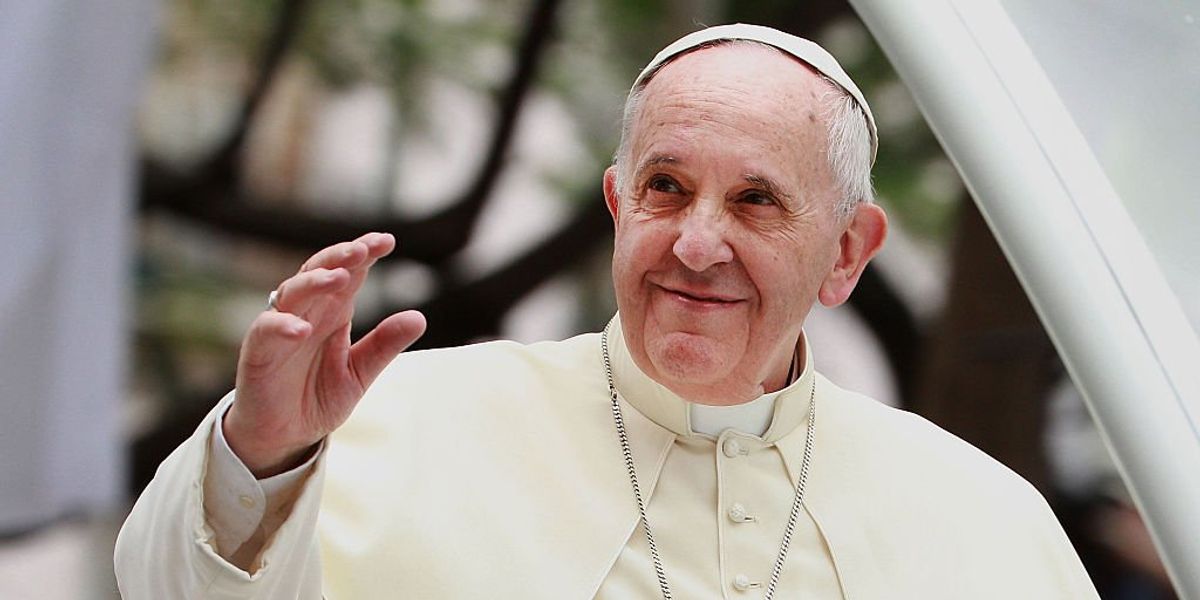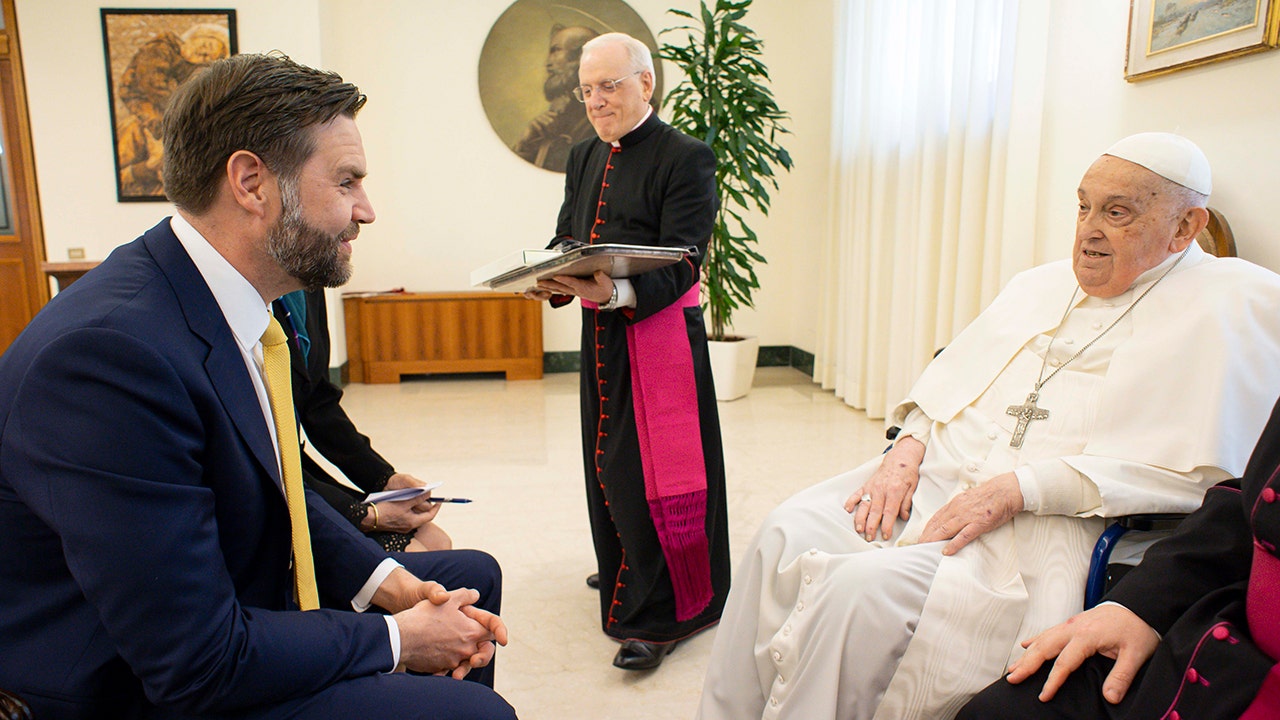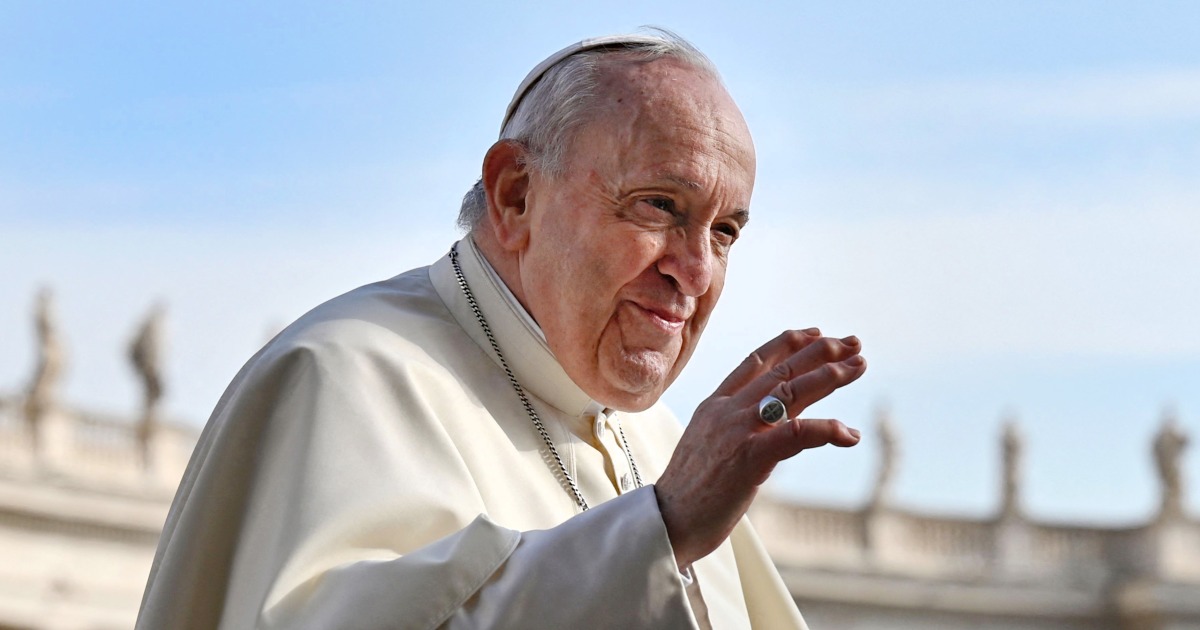Chicagoans Mourn Pope Francis: A Legacy of Compassion and Progressive Advocacy
The passing of Pope Francis prompted mourning and tributes from Chicagoans, highlighting his impactful outreach to marginalized communities.
Subscribe to unlock this story
We really don't like cutting you off, but you've reached your monthly limit. At just $5/month, subscriptions are how we keep this project going. Start your free 7-day trial today!
Get StartedHave an account? Sign in
Overview
Pope Francis passed away at 88 due to stroke and heart failure on Easter Monday. His death resonated particularly with Chicago's Catholic community, who honored him at Holy Name Cathedral. Local leaders, including Mayor Brandon Johnson, praised him as the 'People’s Pope,' emphasizing his advocacy for the marginalized, such as the poor and LGBTQ+ individuals. Cardinal Blase Cupich and Rev. Andy Matijevic reflected on his compassionate mission. Francis, a progressive leader, faced mixed reception for his views on various issues while striving to modernize the Church. As the Vatican prepares for a conclave, cardinals like Parolin and Zuppi are potential successors.
Report issue

Read both sides in 5 minutes each day
Analysis
- Pope Francis, who was born in Argentina and became the first pope from the Americas, was known for his focus on social justice, particularly the plight of the marginalized, migrants, and the poor during his papacy.
- He emphasized ecological issues in his encyclicals, advocating for a sustainable relationship with the environment, and consistently spoke against an economic system that exploits the poor.
- While he made significant strides in modernizing the Church and engaging in interfaith dialogue, his papacy was marked by a complex legacy concerning controversial church doctrines and responses to clergy abuse.
Articles (28)
Center (9)
FAQ
Pope Francis died due to a stroke followed by a coma and irreversible cardiocirculatory collapse.
Pope Francis is remembered by the Chicago Catholic community for his humility and outreach to marginalized communities. His advocacy resonated in areas like Pilsen and Little Village, where immigration issues are prominent.
Cardinals Parolin and Zuppi are mentioned as potential successors to Pope Francis as the Vatican prepares for a conclave.
Pope Francis revised the funeral rites to emphasize his role as a mere bishop and allow for burial outside the Vatican, aligning with his wishes for simplicity.
History
- 6M

 4 articles
4 articles
- 6M

 4 articles
4 articles
- 6M

 4 articles
4 articles

